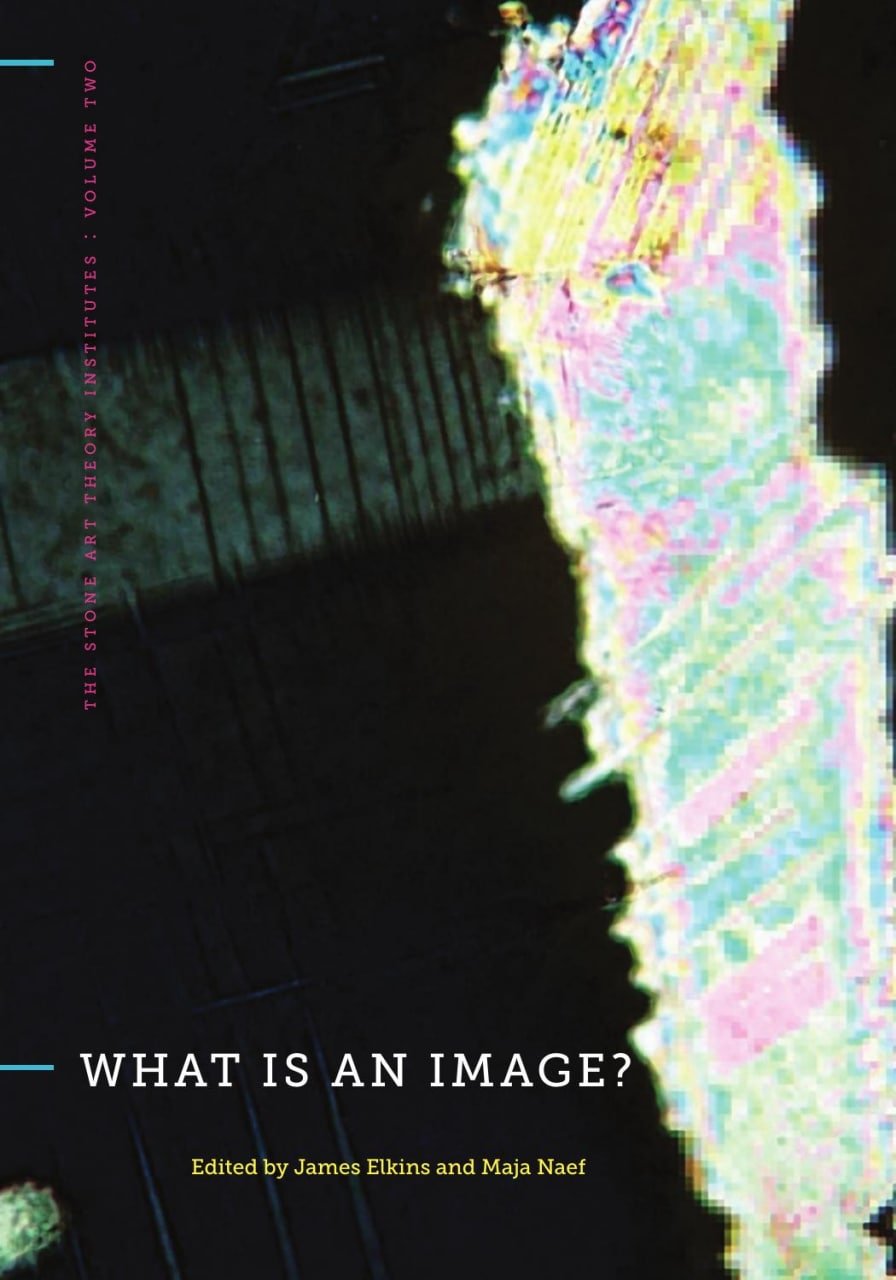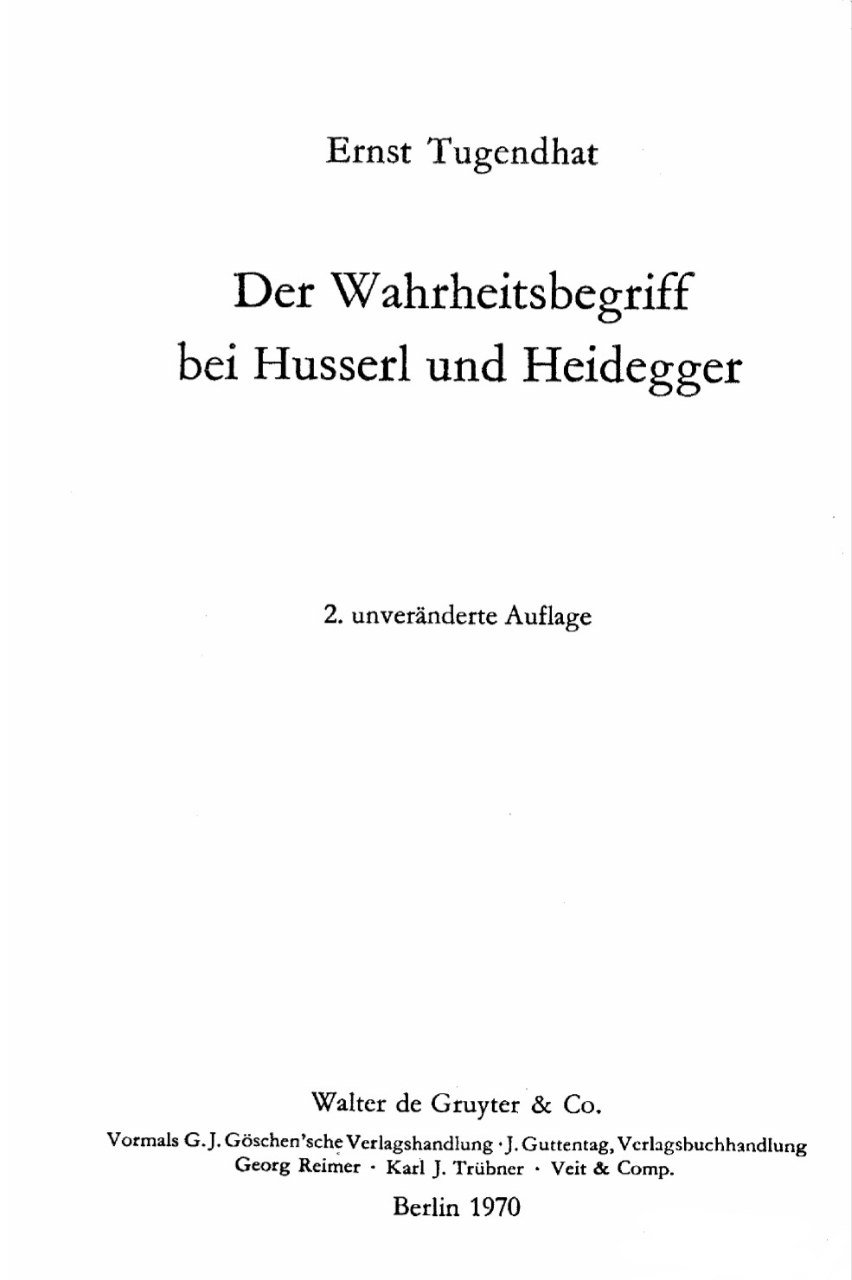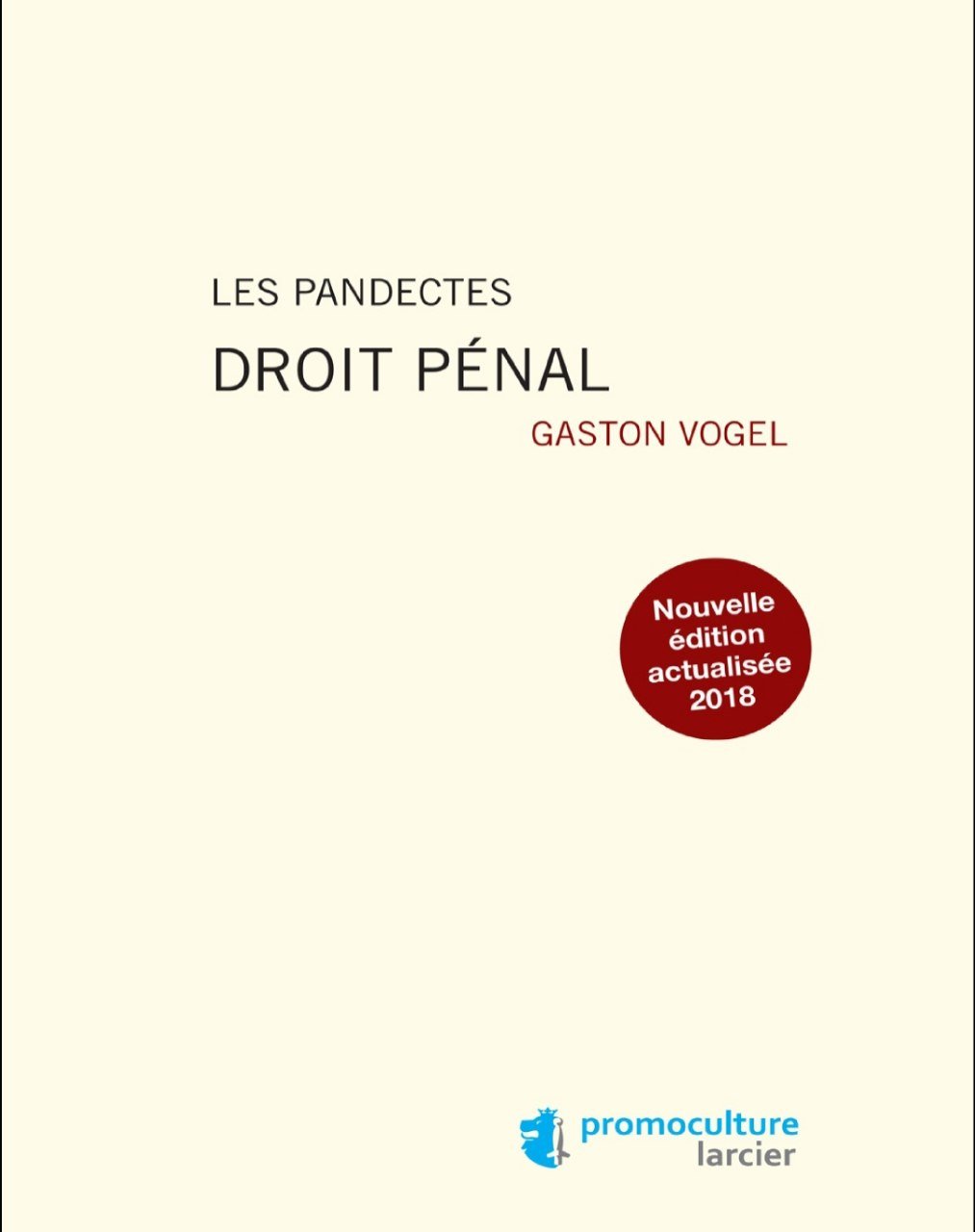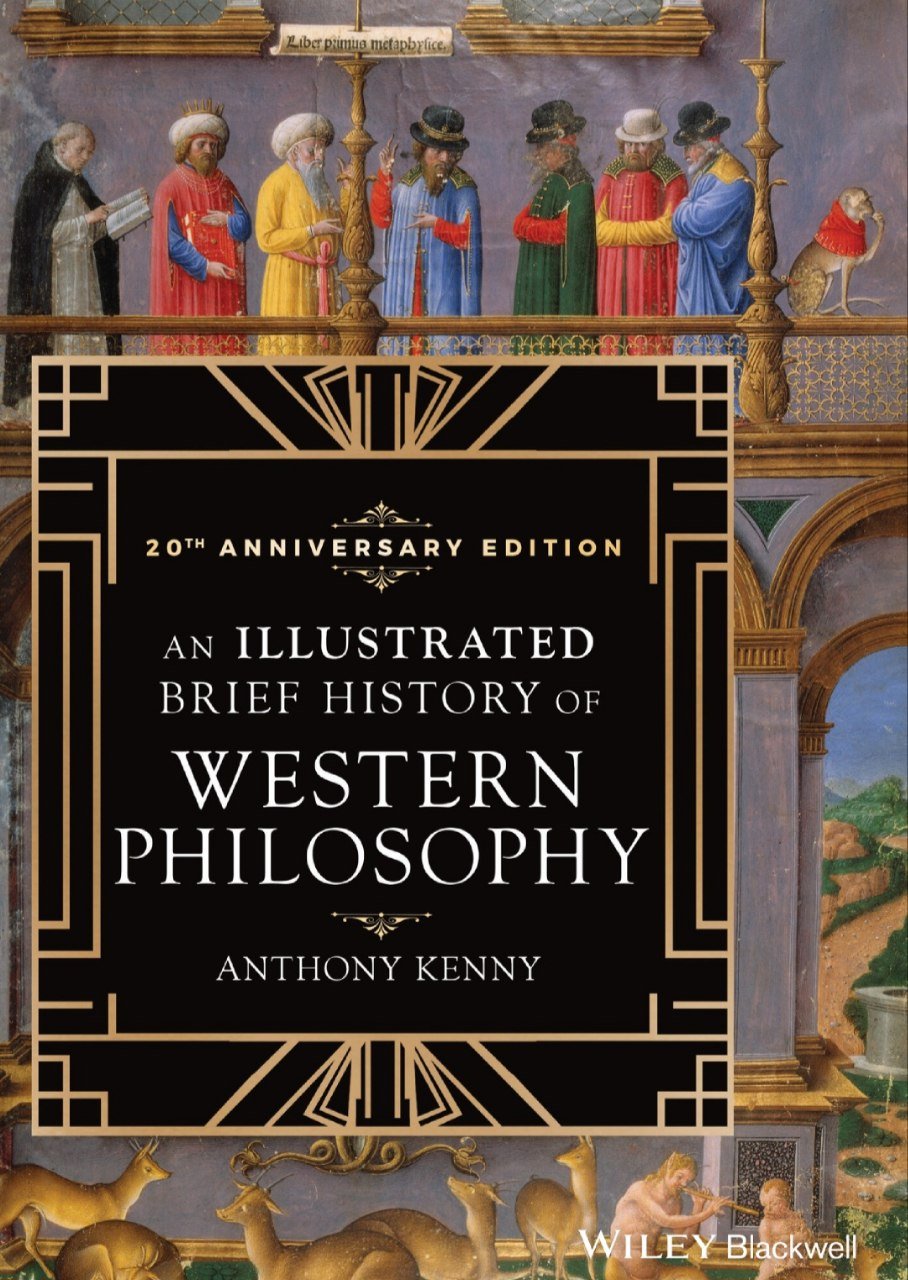

The Kantian Legacy in Nineteenth-Century Science
Reviews
No review yet. Be the first to review this book!
Description
The Kantian Legacy in Nineteenth-Century Science, edited by Michael Friedman and Alfred Nordmann, is a comprehensive examination of how Immanuel Kant’s philosophy, particularly his epistemology and metaphysics, influenced the development of science in the 19th century. This collection of essays explores the profound and complex ways Kantian ideas shaped key scientific fields such as physics, biology, psychology, and the philosophy of science during a period of rapid scientific advancement. At the heart of the book is the argument that Kant’s Critical Philosophy, especially as articulated in his Critique of Pure Reason and Metaphysical Foundations of Natural Science, laid the groundwork for many of the conceptual and methodological frameworks that 19th-century scientists and philosophers employed. Kant’s distinction between phenomena (what we can experience) and noumena (things-in-themselves), along with his theory of a priori knowledge, shaped how scientists thought about the limits and possibilities of scientific knowledge. The volume highlights the transformation of Kantian philosophy into Neo-Kantianism, particularly in Germany, where philosophers like Hermann von Helmholtz, Ernst Mach, and Rudolf Carnap engaged with and revised Kant’s ideas to make sense of new scientific discoveries and theories. The essays show how Kant’s emphasis on the synthetic a priori influenced the understanding of scientific laws—not merely as empirical generalizations but as conditions for the possibility of experience itself. In physics, Kant’s influence is traced through the development of field theory and the concept of energy, as scientists grappled with how to explain phenomena beyond the Newtonian framework. Kant’s ideas about space and time as forms of intuition were reinterpreted in light of discoveries in electromagnetism and thermodynamics. Helmholtz, for example, worked within a Kantian framework but sought to naturalize perception, linking Kant’s theories of knowledge with experimental psychology. In biology, the legacy of Kant’s teleological judgment, particularly from his Critique of Judgment, played a role in how life sciences approached organisms, function, and purpose. Kant’s concept of regulative ideas influenced how scientists theorized about organic unity and development, even as Darwin’s theory of evolution posed challenges to traditional teleological thinking. The book also explores Kant’s impact on psychology, where his theory of the mind as an active processor of experience prefigured later developments in cognitive science. Thinkers like Wilhelm Wundt and William James engaged with Kantian ideas in their efforts to establish psychology as an empirical science. Throughout the essays, there is an ongoing tension between Kant’s insistence on the necessity of certain a priori structures for knowledge and the empirical, evolving nature of scientific theories. The contributors analyze how Kantian epistemology was both a foundation and a constraint, requiring reinterpretation in light of scientific progress, particularly the move toward empiricism and positivism in the late 19th and early 20th centuries. In conclusion, The Kantian Legacy in Nineteenth-Century Science presents a nuanced and detailed account of how Kant’s philosophy shaped modern science’s theoretical foundations. The book illustrates that Kant’s legacy was not static but underwent significant reinterpretation as scientists and philosophers confronted new empirical realities. It offers valuable insights into the philosophical underpinnings of scientific practice and theory, demonstrating how Kantian concepts remained central to debates about knowledge, reality, and scientific explanation throughout the 19th century.






 May 03, 2025
May 03, 2025






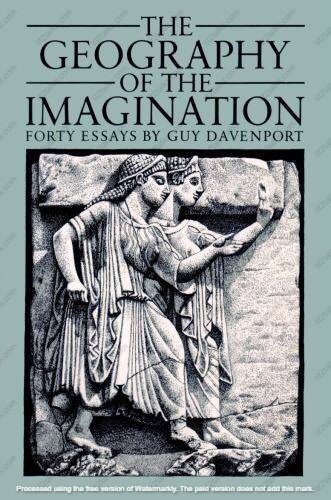
 May 03, 2025
May 03, 2025








.jpg)


.jpg)








.jpg)
.jpg)


.jpg)
.jpg)











.jpg)






.jpeg)

.jpeg)

.jpg)





.jpeg)
.jpeg)
.jpeg)














.png)







